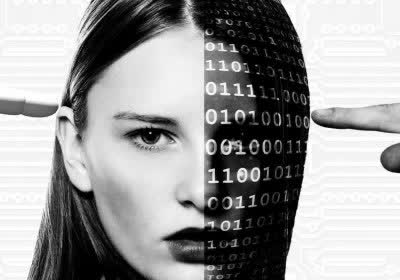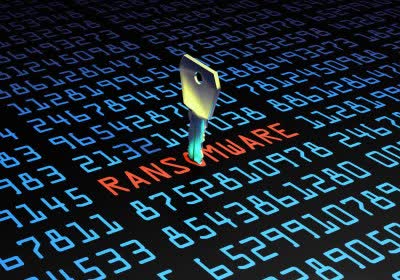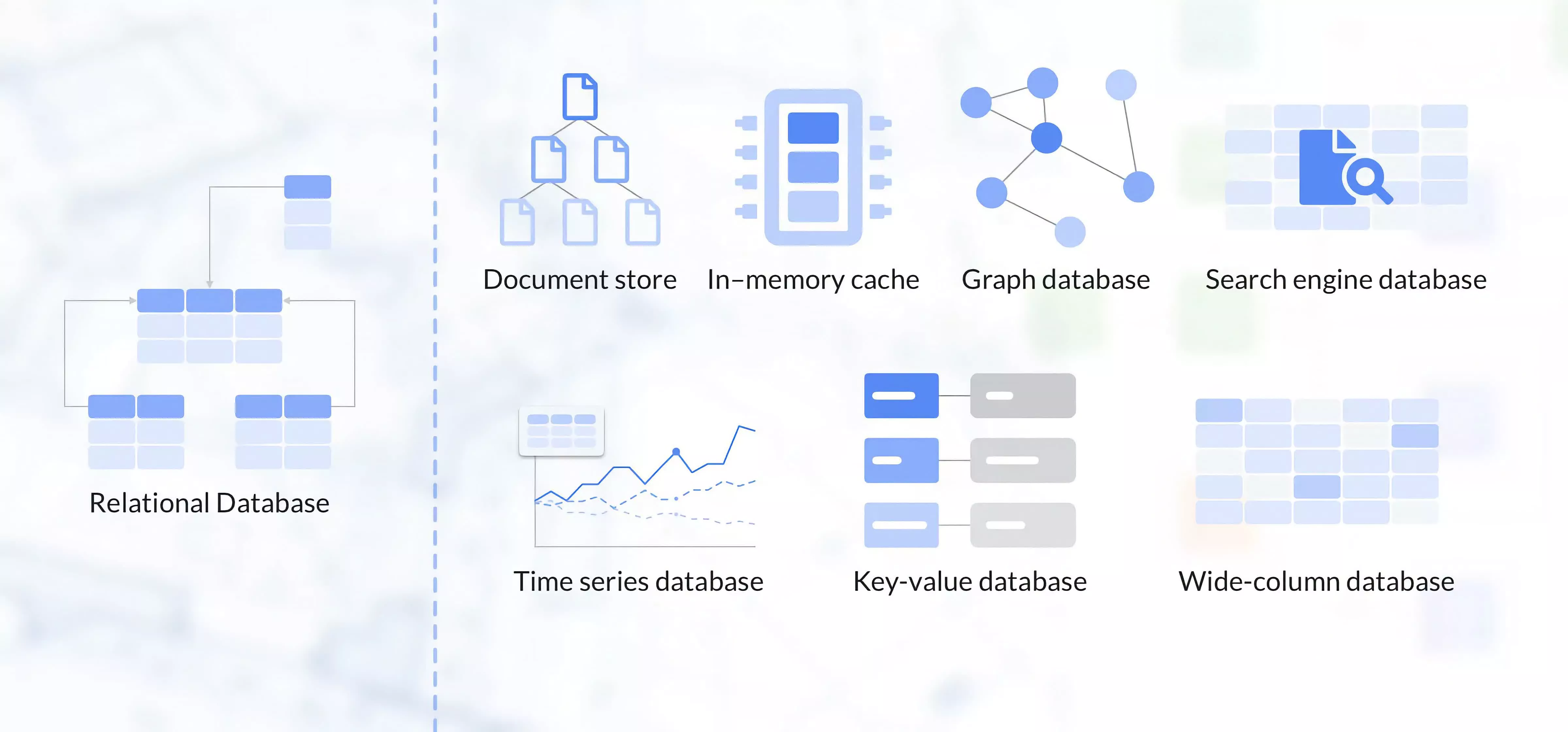Elon Musk's Grok AI unleashes the wild west of image generation
Editor's take: It didn't take long for users to generate controversial images using Grok, sparking a debate about how these AI-generated pictures might influence public perception of politicians or celebrities. With the potential of misinformation impacting elections, it is fair to wonder about the responsibilities of developers and platforms in ensuring the integrity of information shared on their networks. Moreover, this initial wave of images could wind up being a cautionary tale if they are used to shape future regulations or guidelines for AI content creation tools.
16 AI "undressing" websites sued for creating deepfaked nude images
The sites were visited 200 million times during the first six months of 2024
Ransomware threats are on the rise, with LockBit 3.0 leading global attacks
That's despite the group's takedown earlier this year
Proton now offers a free VPN extension for Chrome, Edge, Firefox, and other browsers
The VPN service has a goal of "defeating censorship"
Real-time deepfake tech goes viral, fueling fears of identity fraud
Demos use recognizable celebrities, but the app can just as easily allow someone to impersonate you
US is considering breaking up Google, targeting Android and Chrome
The move comes after the DOJ found the company monopolized the online search market
New Microsoft Edge feature uses GenAI to scan PDF documents
Now you can better understand what that legal document is all about
Valve banned The Verge from its secret Deadlock playtest for leaking information on the game
The publication claims it is under no legal obligation to pull its story
TikTok is pushing fake news alerts about Taylor Swift and Shohei Ohtani as "Breaking"
Social media remains a hub for misinformation
Elon Musk blames DDoS attack for delay in livestreamed Trump interview, but X employees say he's lying
A "99 percent" chance he was lying, apparently
Massive data breach compromises billions of personal records around the world
Hacker posts 2.7 billion records from National Public Data
What just happened? A colossal data breach has surfaced, revealing nearly 2.7 billion personal information records purportedly encompassing every individual in Canada, the United Kingdom, and the United States. This breach stands out due to the vast amount of data exposed, potentially marking it as one of the largest in history.
Browsers are finally addressing 0.0.0.0 Day vulnerability
The vulnerability has persisted for nearly two decades
A husband's quest for justice unmasks a global smishing operation
Thousands owe their financial security to his efforts
Paid services that remove you from people-finder sites aren't very effective
You're better off manually opting out
In brief: You've likely seen plenty of ads on the internet for services that remove you from people-search sites – data brokers that collect information from public records, commercial data sources, and social media platforms. Some of these companies charge a lot of money for their work, but a new study suggests they're not really worth it.
YouTube tests Twitter-style community notes to fight misinformation
Using the community to fight YouTube BS
Disney is hiking prices across all of its streaming platforms this fall
Almost a year to the day after the last Disney price hike
Hackers exploited an ISP to launch sophisticated DNS poisoning attack against customers
It happened last year, but DNS attacks continue to be a major concern
Elon Musk's X sues advertising group over alleged "boycott"
"Now, it is war"
What just happened? Elon Musk's conflict with advertisers took a shocking new turn yesterday when he announced his platform X, formerly Twitter, is suing a group of ad companies, along with individual firms, over an alleged coordinated boycott of the site. The suit claims this broke federal antitrust laws and caused X to lose revenue.
Court blocks net neutrality saying congressional authorization needed to implement regulations
The FCC voted in April to reinstate net neutrality in the US
Nvidia says scraping 80 years' worth of videos daily to train its AI models is in "the spirit of copyright law"
YouTube seems to disagree

























